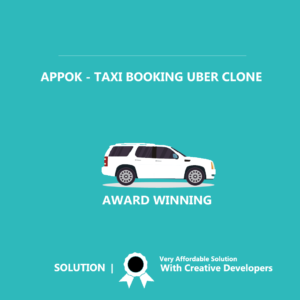Introduction
When it comes to mobile app development, choosing the right platform is critical. There are many factors to consider, including the type of app you want to build, your target audience, your budget, and your development team’s skillset. Here are some of the most popular mobile app development platforms and their key features:
- iOS: iOS is Apple’s mobile operating system, used exclusively on iPhones, iPads, and iPod touches. iOS is known for its sleek design and excellent user experience. The iOS development platform uses Swift and Objective-C as programming languages, and developers use Xcode as the primary development environment. iOS has a high level of security and requires strict app store guidelines. It is ideal for building apps for a tech-savvy audience with high-end devices.
- Android: Android is Google’s mobile operating system, used by a vast range of devices. Android is known for its openness and flexibility, and it is used by a variety of manufacturers. Android development uses Java and Kotlin programming languages and developers use Android Studio as the primary development environment. Android has a vast user base and is ideal for building apps for a broader audience.
- React Native: React Native is a cross-platform framework developed by Facebook, allowing developers to build mobile apps using the same codebase for both iOS and Android platforms. React Native uses JavaScript programming language and allows for rapid development, and it is widely popular among developers.
- Xamarin: Xamarin is a cross-platform development tool that uses C# programming language to develop apps for iOS, Android, and Windows devices. Xamarin allows developers to use a single codebase to create native apps, and it provides a robust set of libraries and tools for app development.
- Flutter: Flutter is a cross-platform development tool developed by Google that uses Dart programming language. It allows developers to create high-performance, visually attractive apps for both iOS and Android platforms. Flutter provides a rich set of pre-built widgets and allows for hot reloading, enabling developers to see changes in real-time.
Choosing the right mobile app development platform depends on several factors, such as the app’s complexity, target audience, development team’s skillset, and budget. You should evaluate each platform’s features and determine which one is best suited for your app development needs




